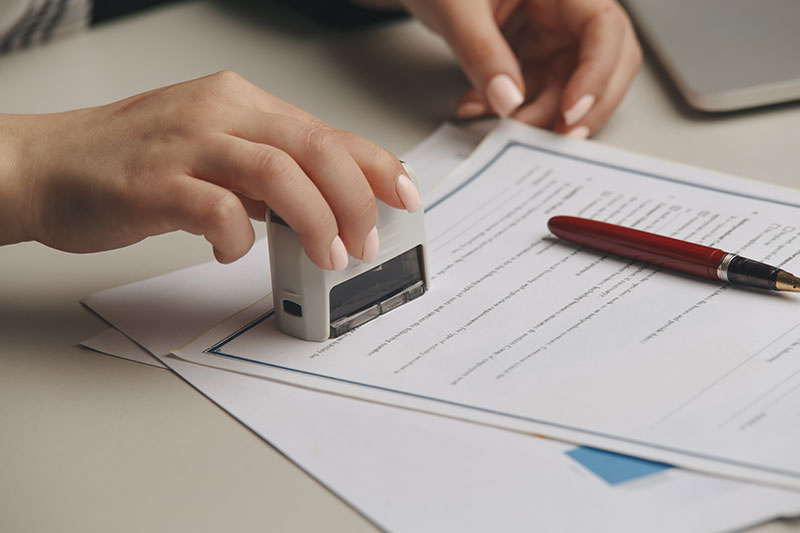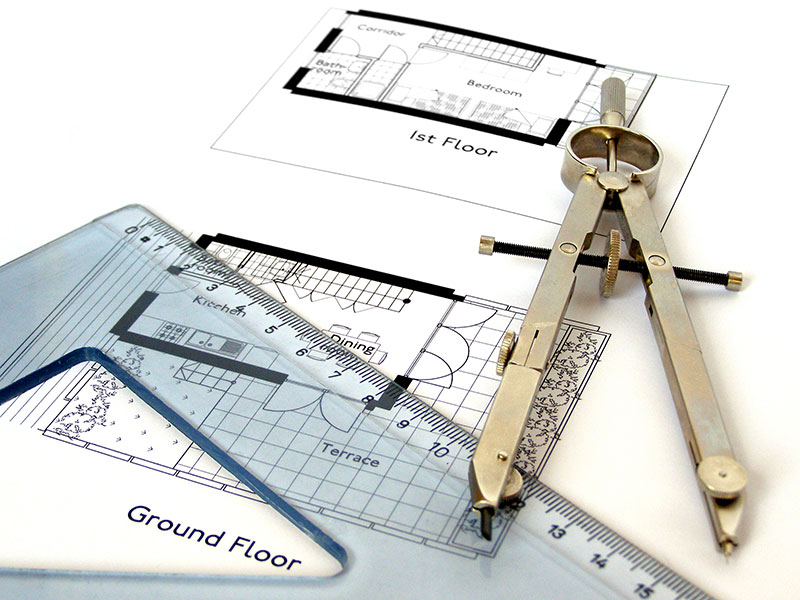Top blog articles
When tackling a plumbing project at home, you might wonder whether a permit is necessary. The answer? A permit is required for most major plumbing work. Plumbing permits help ensure your renovation project meets local building codes. Remember that these permits are designed to keep homes safe and efficient.
Let’s help you understand this in more detail: why permits are essential and how to apply for one.
What is a plumbing permit?

A plumbing permit is an official approval from your local municipality that allows you to begin a plumbing project. It ensures your work complies with plumbing codes, protecting the safety of your household and community. Whether you’re installing a new water heater, relocating pipes, or working on a bathroom remodel, a permit might be required.
How does a plumbing permit protect homeowners?
Your home is a major investment; one that you’d want to protect. Permits exist to ensure that plumbing systems function properly and safely. Keep in mind that improper plumbing can lead to leaks, water contamination, or even structural damage. To obtain a permit, you’ll need to follow local codes and undergo a plumbing inspection to verify the quality of the work.
Moreover, if ever you want to sell your home, plumbing permits are proof for the potential home buyer that every plumbing repair and home modification was done by the law.
If you do not have the correct permits, you may find yourself in trouble if the buyer were to schedule an inspection before closing the sale.
When do you need a plumbing permit?

Not all plumbing jobs require a building permit. However, you’ll likely need one for:
- Installing or replacing water heaters.
- Repiping a home.
- Adding new water or sewer lines.
- Moving plumbing fixtures such as sinks or toilets.
- Extensive home remodels involving plumbing.
Smaller repairs, like fixing a leaky faucet or unclogging a drain, usually don’t require a permit.
Read more: Building permit search
How to apply for a plumbing permit, in the United States?

Getting a plumbing permit is a straightforward process:
- Submit a permit application: Head to your local building department’s office or website. Many municipalities now offer an online permit application option for convenience.
- Provide project details: Describe the work being done and include designs or floor plans if required.
- Pay the permit fee: The average plumbing permit cost varies between $50 and $500. Keep in mind that this permit cost varies depending on the project’s size and location.
What happens after you get the plumbing permit?
Once you have your permit, you can start the work. However, the job isn’t finished until the permit and inspections are complete.
- Plumbing inspection: A building inspector will visit your property to ensure the work complies with local codes.
- Approval: If the work passes inspection, you’re good to go! If not, you may need to make adjustments.
What if the plumbing project takes longer?
Sometimes, remodeling projects take longer than expected. If this happens, you may need a permit extension. Contact your local building department to request more time before the permit expires.
Why should you hire a licensed professional?
Hiring a master plumber or experienced plumbing contractors is a smart move. They’re familiar with local plumbing codes, know when permits are needed, and can ensure your project meets all requirements. Plus, they’ll often handle the permitting process for you. A good contractor will always follow the highest safety standards for you and your home.
What are the most useful tips for a smooth permit process?
- Plan ahead: Start the permits applications early to avoid delays.
- Check the local requirements: Every municipality has different rules, so consult your local building department.
- Hire a licensed professional: Most jurisdictions require a master plumber or licensed plumbing contractors to pull the permit.
- Keep records: Save copies of your permit and inspection results for future reference.
Final thoughts
While getting a plumbing permit may seem like extra work, it’s an important step in ensuring your project is safe, legal, and up to code. From submitting an online permit application to passing the final plumbing inspection, each step helps protect your home and investment.









